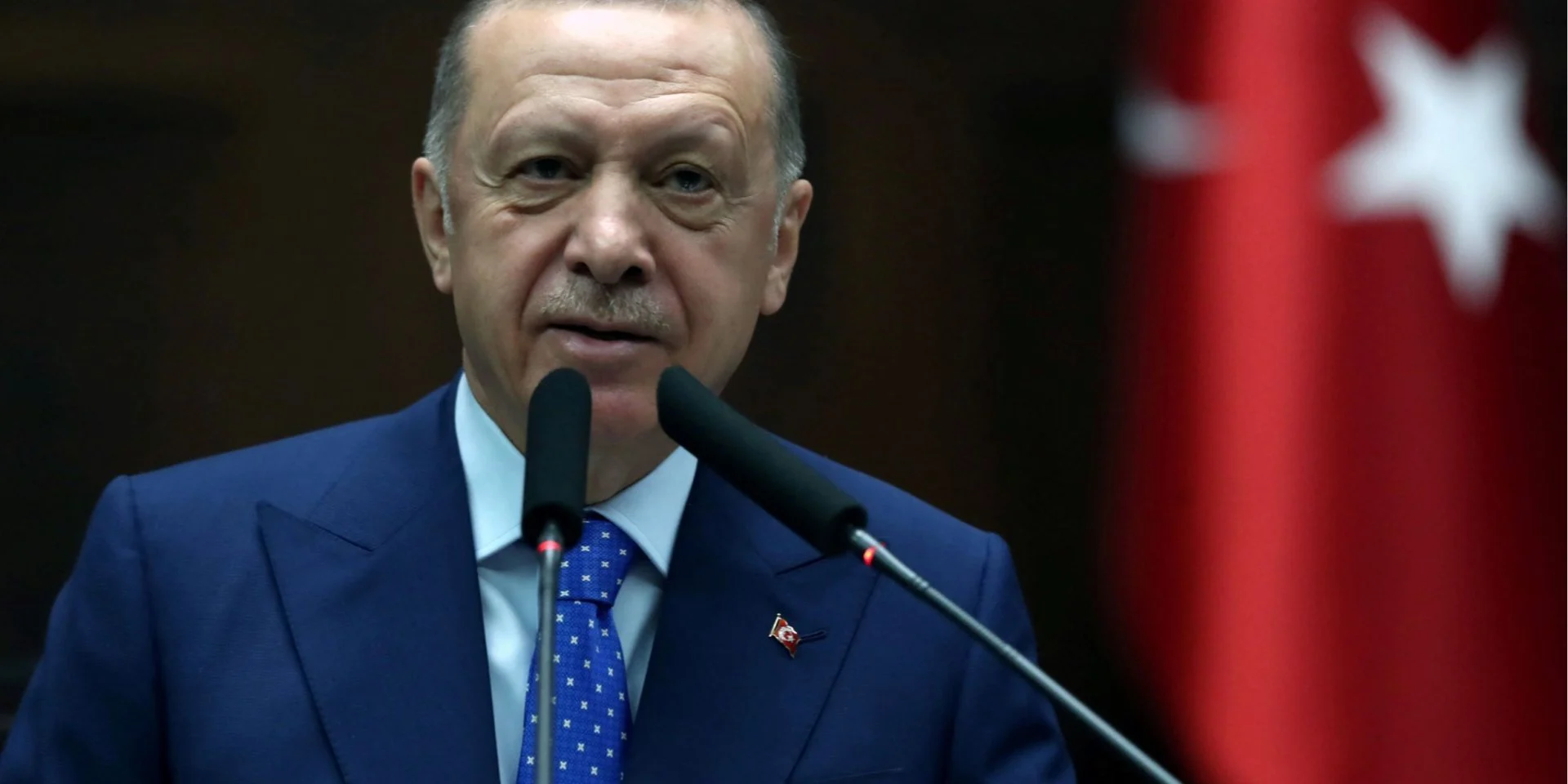Turkish President Recep Tayyip Erdogan has made a new statement regarding Ukraine’s accession to NATO, which has raised many questions among experts and politicians. In an interview with NBC News, Erdogan stated that the United States and other NATO countries do not want to see Ukraine in the Alliance. What lies behind this position, and why is the issue of Ukraine’s membership in NATO so controversial?
Turkey’s Position: “No Rush”
Erdogan noted that Turkey does not plan to rush to make a decision to support Ukraine’s accession to NATO. According to him, every decision is made taking into account the opinions of other member countries of the Alliance. And this is not a step that can be taken quickly.
This position reflects Turkey’s overall caution in international politics, especially when it comes to conflicts with Russia. As a NATO member, Turkey is forced to balance its obligations to the Alliance with important economic and political relations with Moscow. Erdogan explicitly stated that Turkey is closely monitoring developments and will make a final decision taking this dynamic into account.
Russia and Turkey: Cooperation on Many Fronts
One of the important points in Erdogan’s position is his emphasis on the fact that relations between Turkey and Russia continue to develop. Cooperation between the two countries is expanding not only in the political but also in the economic and defense sectors. For Turkey, these are critically important relations, especially considering strategic projects such as the construction of the “Akkuyu” nuclear power plant and the purchase of Russian S-400 air defense systems.
These deep ties explain why Turkey approaches the issue of Ukraine with caution. Any direct support for Ukraine’s accession to NATO could further strain relations with Russia, which is not in Ankara’s interest.
Why is NATO not rushing with Ukraine?
Erdogan’s statement also raises the question of why the USA and other NATO countries do not want to see Ukraine in the Alliance right now. The main reason is the fear that Ukraine’s acceptance into NATO could drag the entire bloc into a direct conflict with Russia. According to NATO’s statute, an attack on one member of the Alliance is considered an attack on all, which in the conditions of the Russian-Ukrainian war could lead to global escalation.
Furthermore, among NATO member countries, there is a certain disagreement regarding how quickly Ukraine should become part of the Alliance. For example, some European countries support Ukraine’s swift accession, viewing it as a guarantee of security in Eastern Europe, while others, including the USA, Germany, and France, believe that this step could be premature.
Turkey as a Diplomatic Bridge
In recent years, Turkey has been actively playing the role of a diplomatic intermediary between the West and Russia. Successful negotiations on the “grain deal,” which allowed Ukraine to export grain through the Black Sea during the war, demonstrate Ankara’s ability to find compromises in challenging conditions.
Perhaps Turkey plans to use its influence for further diplomatic initiatives that could reduce tension between NATO and Russia. Erdogan understands that any step regarding Ukraine must be well thought out and should not provoke Russia into new aggressive actions.
What’s Next?
Although Ukraine continues to insist on its NATO membership, this process appears to be complex and long-term. For many member countries, the issue lies not only in supporting Ukraine but also in how it will affect geopolitical stability in the world.
Turkey will remain a key player in this process, as its position on relations with Russia has a significant impact on the future map of European security. The question of Ukraine’s NATO membership remains open for now, and future diplomatic negotiations will show how the situation evolves.
Erdogan’s statement shed light on the complex diplomatic game around Ukraine and NATO. Although Turkey is not rushing to take drastic steps, it remains an important player in international politics capable of influencing Ukraine’s future. So, will we see Ukraine in NATO in the near future? This question remains without a clear answer, but it is definitely worth keeping an eye on the developments.
Don’t forget to share your opinion in the comments.


